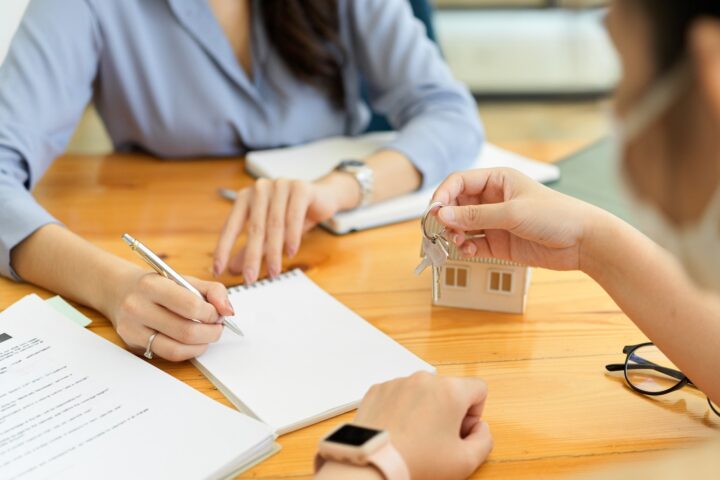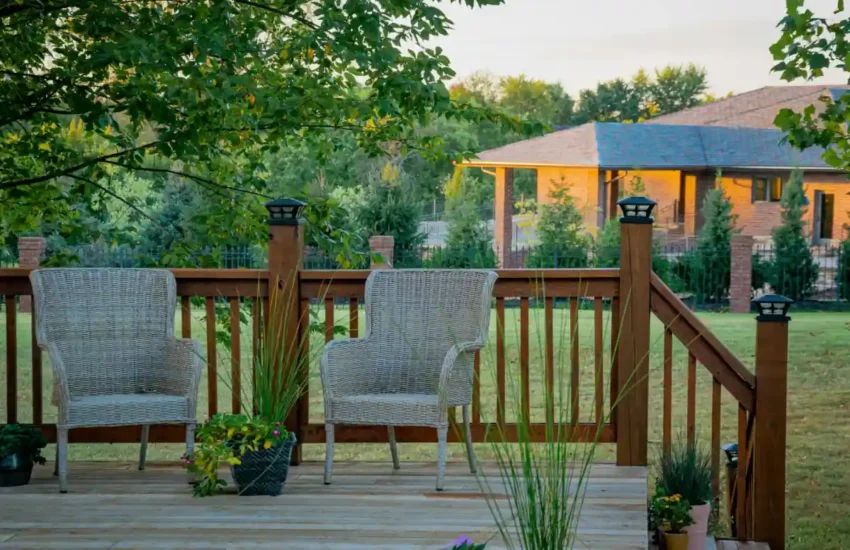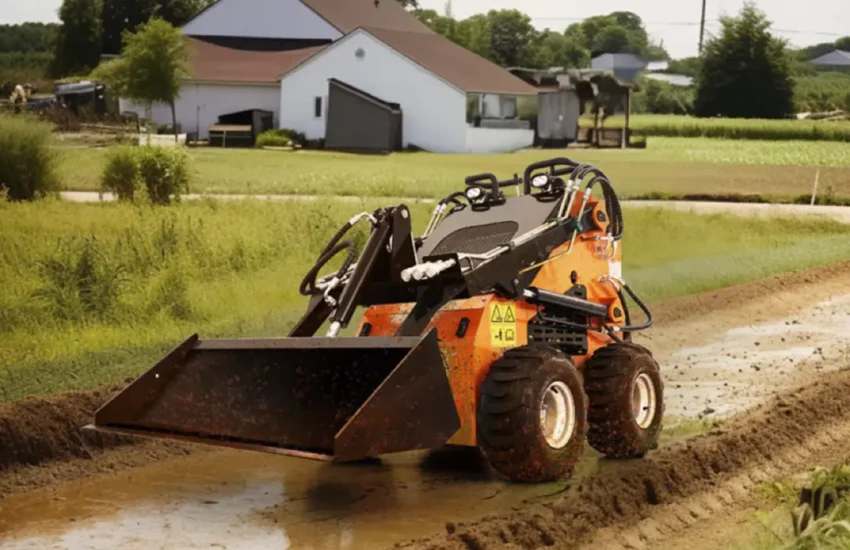5 Key Safety Checks Every Landlord Should Perform
As a landlord, ensuring the safety of your tenants is paramount. From electrical hazards to fire risks, many potential dangers can arise in rental properties. That’s why conducting regular safety checks is not just a legal obligation but a moral responsibility. By proactively addressing these risks, you can safeguard the well-being of your tenants and protect your investment.
Safety checks help prevent accidents and injuries and minimise the potential for property damage. Here are the important safety checks that every landlord should perform.

Gas Safety Checks
Annual gas safety inspections conducted by a Gas Safe registered engineer are crucial for maintaining your tenants’ safe and healthy living environment. These inspections involve thoroughly checking your rental property’s gas appliances, pipework, and ventilation systems.
If improperly maintained, gas appliances can pose significant risks, such as gas leaks and carbon monoxide poisoning. Regular inspections help identify potential issues or leaks, ensuring that gas appliances function safely and efficiently.
By prioritising annual gas safety inspections, you demonstrate your commitment to the well-being of your tenants and comply with legal obligations. Additionally, these inspections provide peace of mind to you and your tenants, knowing that potential gas-related hazards are proactively addressed.
Remember, only Gas Safe registered engineers have the expertise and qualifications to conduct these inspections effectively. Don’t compromise on the safety of your rental property and its people – schedule annual gas safety inspections.
Electrical Safety Checks
Inspecting the electrical system, wiring, and appliances is crucial for the safety of your rental property. Electrical faults can lead to fires and electrocution risks. Regular inspections help identify potential issues and ensure everything is properly working.
One important aspect of electrical safety is obtaining a landlord’s electrical safety certificate, also known as an EICR (Electrical Installation Condition Report). This thorough examination of the electrical installation is essential to ensure compliance with safety regulations. It assesses the condition of the wiring, sockets, switches, and other electrical components.
EICR testing provides a detailed report on any defects or areas of concern, allowing you to take necessary corrective measures promptly. It helps protect your tenants from potential hazards and ensures that your property meets the required safety standards.
Having an up-to-date EICR certificate demonstrates the landlord’s commitment to providing a safe living environment for tenants. It reduces the risk of accidents and property damage and enhances your reputation as a responsible landlord. Remember, electrical safety is non-negotiable when providing your tenants with a secure and comfortable living environment.
Fire Safety Checks
Installing and maintaining smoke alarms and carbon monoxide detectors is essential for the safety of your rental property and its occupants. These devices serve as early warning systems, alerting individuals to the presence of smoke or carbon monoxide, allowing them to take immediate action and evacuate if necessary.
Smoke alarms detect the presence of smoke, signalling the potential outbreak of a fire. Regularly testing and maintaining these alarms ensures they are in proper working condition and can provide timely alerts in case of emergencies.
Furthermore, strategically placing fire extinguishers throughout the property enables individuals to respond effectively to small fires and potentially prevent them from spreading.
By prioritising the installation and maintenance of smoke alarms, carbon monoxide detectors, clear escape routes, and accessible fire extinguishers, you ensure the safety and well-being of your tenants and minimise the risks related to fire and carbon monoxide poisoning.
Water And Plumbing Safety Checks
Regularly checking your rental property’s plumbing systems, pipes, and water heating equipment is crucial for several reasons.
Firstly, it helps identify and prevent potential water leaks, which can lead to property damage and costly repairs if left unattended. Promptly addressing plumbing issues ensures the integrity of the property’s structure and minimises the risk of water-related damage. However, depending on when and why the problem happens, time could be of the essence, which in this case you should call an emergency plumber immediately.
Additionally, checking these systems helps to prevent mould growth. Moisture from leaks or faulty plumbing can create an ideal environment for mould to thrive, which can negatively impact indoor air quality and pose health risks to tenants.
Furthermore, inspecting water heating equipment, such as boilers or water heaters, ensures they function correctly and safely. Faulty equipment can cause water temperature fluctuations or even pose a risk of scalding.
By regularly inspecting and maintaining plumbing systems, pipes, and water heating equipment, you can proactively prevent water leaks, minimise the risk of mould growth, and ensure the delivery of clean and safe water to your tenants. This protects your property, promotes a healthy living environment, and reduces the potential for waterborne diseases.
Structural And General Safety Checks
Regular inspections for the structural integrity of your rental property, including roofs, walls, and floors, are of utmost importance.
Checking the roof’s condition helps identify any signs of damage, such as leaks or weakened areas, ensuring the protection of the property and its occupants from water damage and potential hazards.
Examining the walls and floors ensures their stability and safety, detecting any cracks, dampness, or structural issues that may compromise the integrity of the building or pose a risk to tenants.
In addition to the structural elements, maintaining a safe and secure property is essential. Regularly inspecting locks, windows, and entryways helps identify any vulnerabilities that may jeopardise the premises’ security and the tenants’ safety.
By conducting these inspections, you can address any potential issues promptly, preventing further damage or safety hazards.


